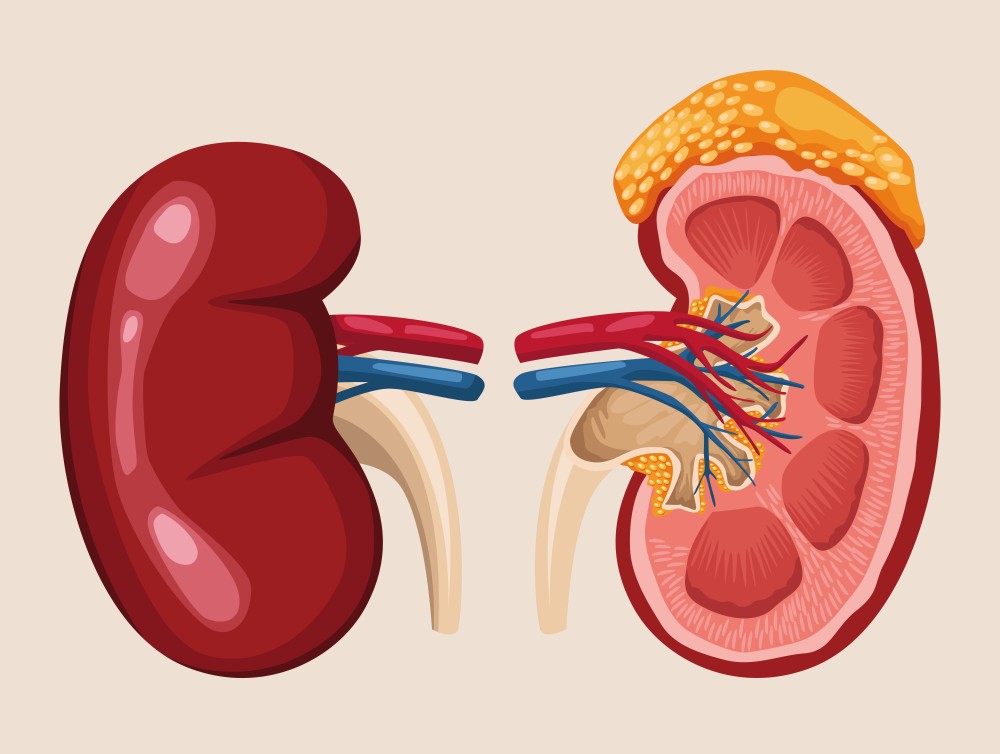Kidney Transplantation

Kidney transplantation is a surgical procedure that involves replacing a diseased or failing kidney with a healthy kidney from a donor. This procedure offers a significant improvement in quality of life and survival for patients with end-stage kidney disease (ESKD) compared to long-term dialysis.
Indications for Kidney Transplantation
Patients may be considered for kidney transplantation if they have:
- End-stage Kidney Disease (ESKD): Where the kidneys have lost their ability to function adequately, typically with a glomerular filtration rate (GFR) below 15 mL/min/1.73 m².
- Chronic Kidney Disease (CKD) Stage 4-5: With progressive decline in kidney function despite medical management.
- Severe Complications from Dialysis: Such as frequent infections, cardiovascular complications, or poor quality of life on dialysis.
Evaluation Process
Before proceeding with transplantation, candidates undergo a thorough evaluation to assess their suitability for surgery and to identify any potential risks. This evaluation includes:
- Medical Evaluation: Assessing overall health, cardiovascular status, and any comorbidities.
- Psychosocial Evaluation: Evaluating social support, mental health, and ability to adhere to post-transplant medications.
- Immunological Evaluation: Testing for compatibility with potential donors to minimize the risk of organ rejection.
Procedure
During kidney transplantation surgery:
- Donor Kidney: The healthy kidney from a living or deceased donor is surgically placed in the recipient’s lower abdomen.
- Blood Vessels: The donor kidney’s blood vessels are connected to the recipient’s blood vessels to ensure proper blood flow.
- Ureter Connection: The ureter of the donor kidney is attached to the recipient’s bladder for urine drainage.
Post-Transplant Care
After transplantation, patients require lifelong immunosuppressive medications to prevent rejection of the transplanted kidney. Regular monitoring and follow-up visits are essential to assess kidney function, manage medications, and address any complications.
Outcomes
Kidney transplantation offers several benefits over dialysis, including improved quality of life, better long-term survival, and fewer dietary restrictions. However, there are risks associated with surgery and lifelong immunosuppressive therapy, including infections and side effects from medications.
